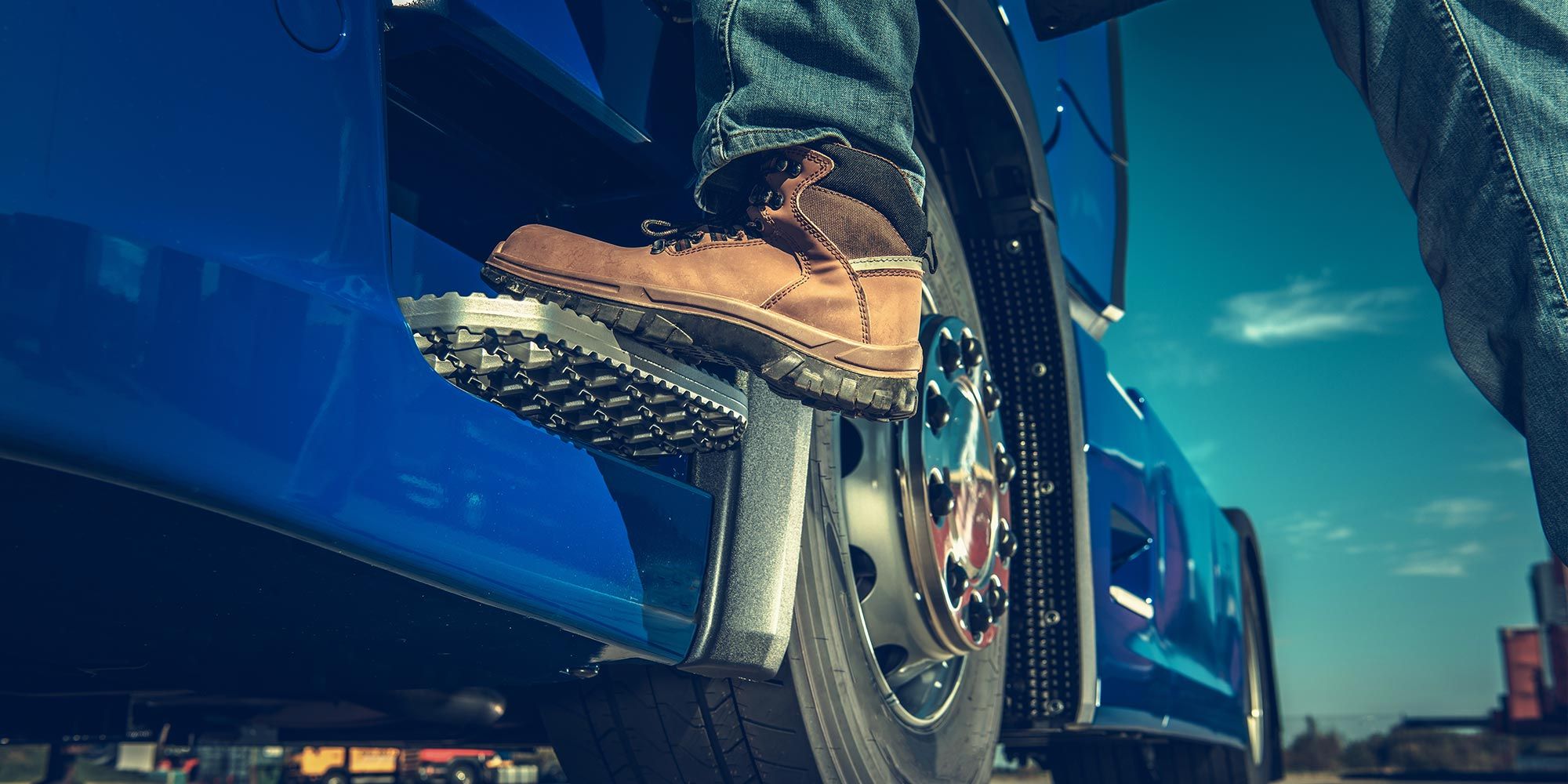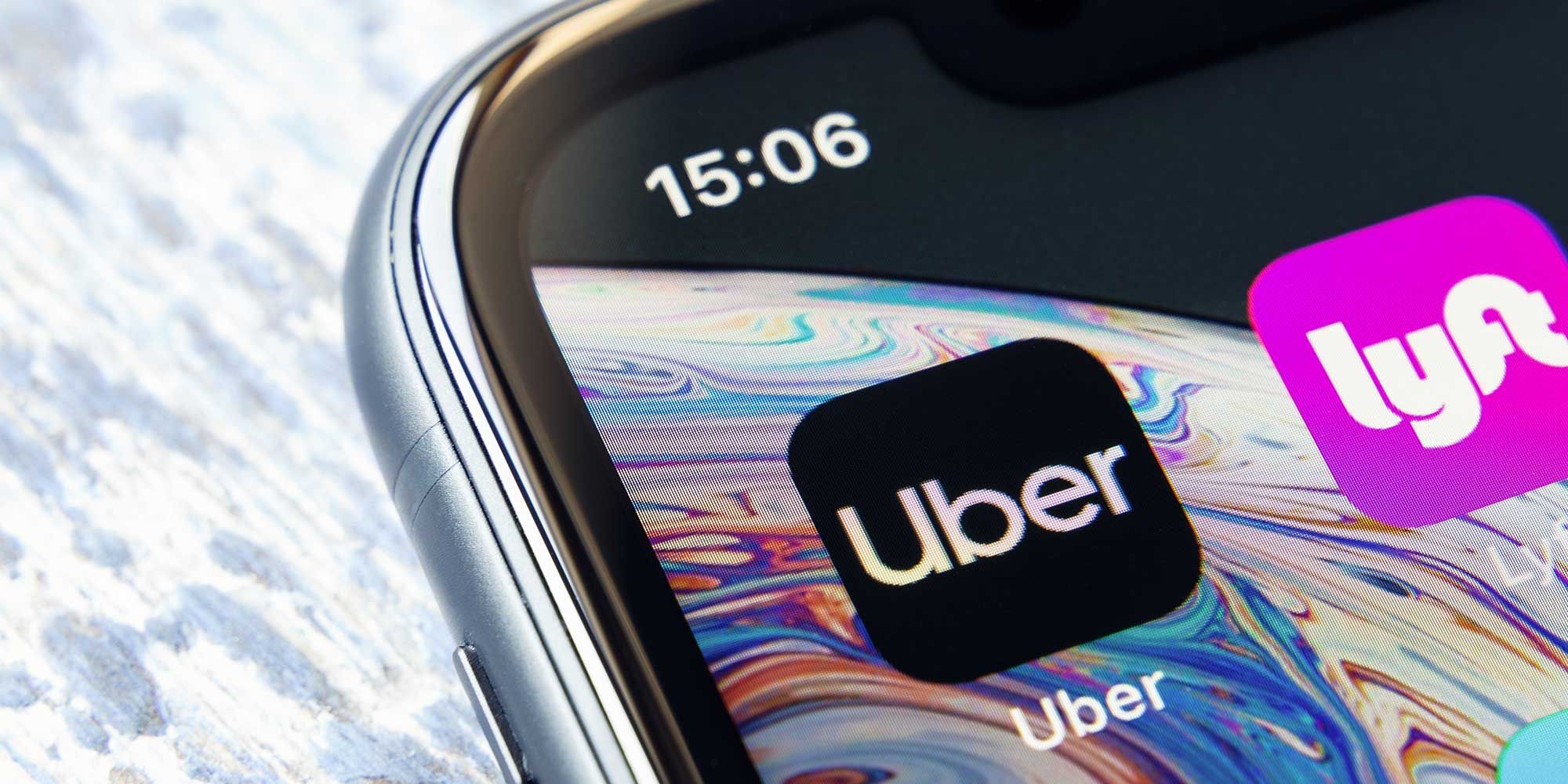
PERSONAL INJURY LAWYERS
NO FEES UNLESS YOU WIN

TRUCKING ACCIDENT
NO FEES UNLESS YOU WIN

RIDESHARE ACCIDENTS
NO FEES UNLESS YOU WIN
NO FEES UNLESS YOU WIN
Get your case evaluated for FREE. You have nothing to lose.
BILLIONS RECOVERED FOR CLIENTS
There is no compromise when fighting for our client’s rights and compensation.
GETTING JUSTICE SINCE 1988
We have the experience and the track record of getting justice for our clients
Join the satisfied clients who’ve trusted us to Win!
3000+ Five Star Reviews
Choosing the Right Personal Injury Lawyer
An independent study conducted by insurance companies revealed that victims get an average of three times more with a lawyer compared to victims without.
A survey conducted by Nolo.com revealed that more than nine out of ten who had legal representation received a settlement or award, compared to about half of those who handled their own injury claims.
Get a FREE Personal Consultation
A free case consultation is a click away. You have nothing to lose and much to gain. Click now!








